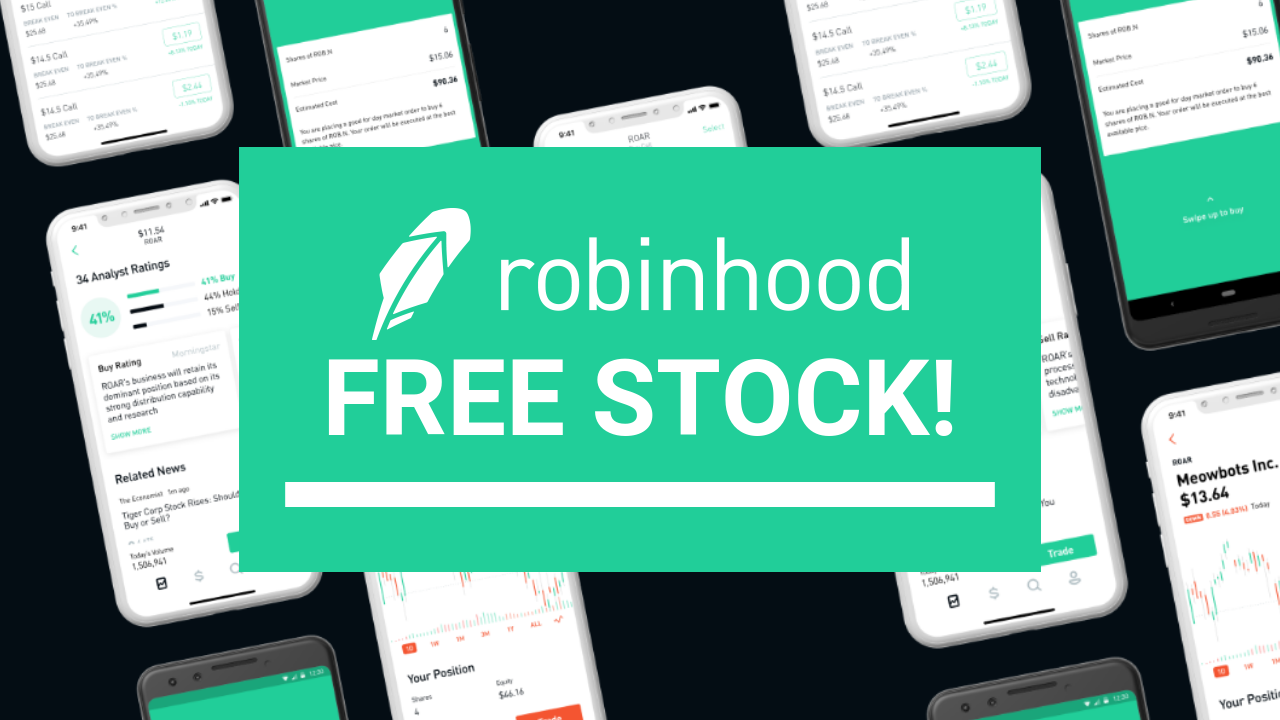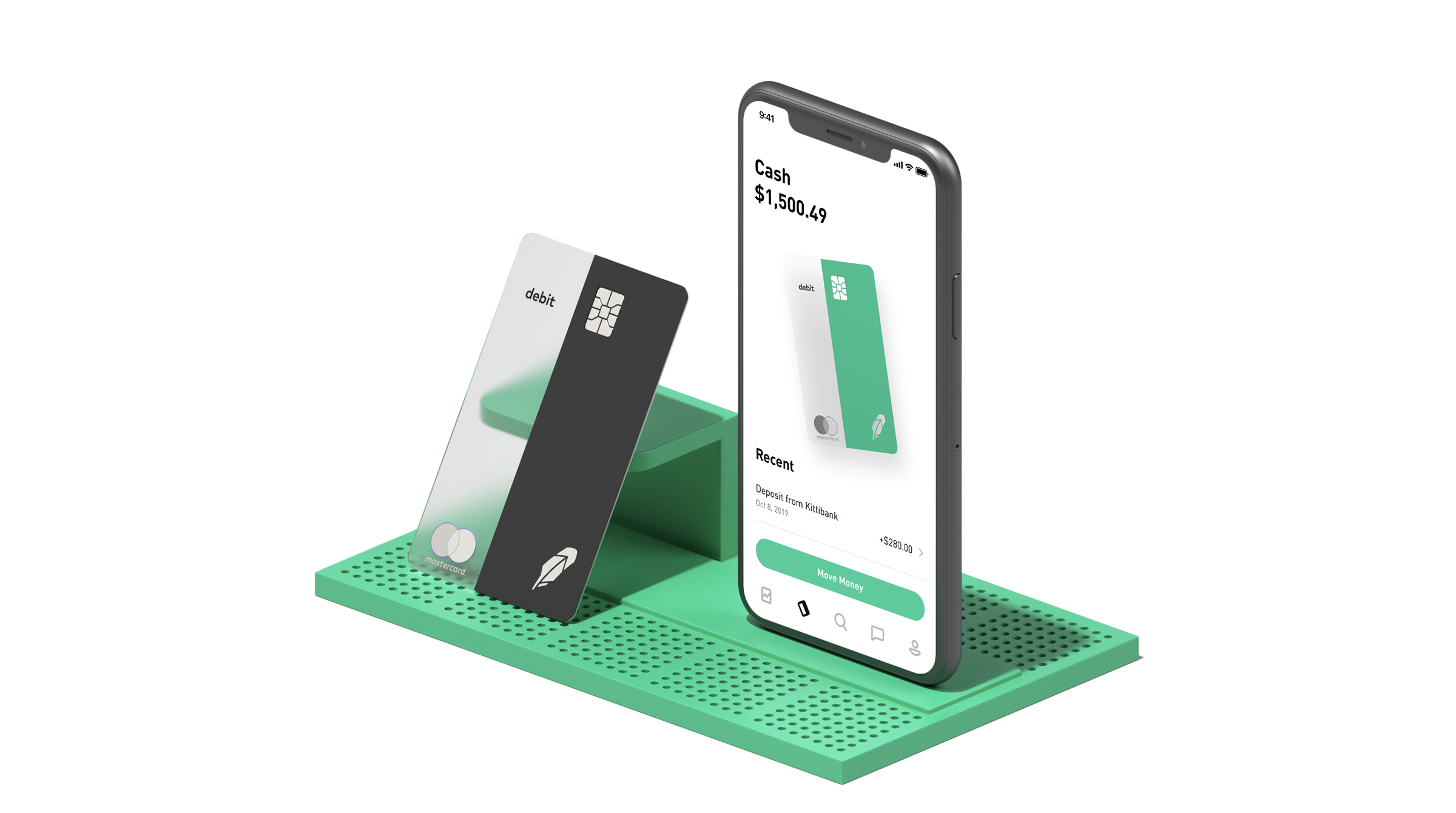7 Speculative Cryptos to Avoid as Focus Shifts to High-Utility Coins

What is Bitcoin (BTC)?
No one expected, in 2009, when the first Bitcoin transaction was completed, that by a few cents its value a dozen years later would exceed $60,000. Yet the leader of cryptocurrencies is gradually consolidating as it becomes an increasingly powerful institutional framework. With it of course "drifts" and the rest of the cryptoassets and combined have achieved a space capitalization of more than $2 trillion, according to recent data from CoinGecko and Blockfolio.
But let's analyse more extensively what Bitcoin really is and why it has followed this frenetic pace of growth over the last 5 months. Bitcoin, the abbreviation of which is BTC, is a cryptocurrency, essentially a new type of money completely virtual, often characterized as a virtual or digital currency. It follows the ideas set out in the white paper[1] of the mysterious "person" under the pseudonym Satoshi Nakamoto. The identity of the person or persons who created this technology remains an unsolved mystery.
Bitcoin Mining
Bitcoin's technology is based on a set of computers, which are referred to as nodes. Very important part of the nodes are the miner[2]. Once the miners confirm the transactions of a block (by resolving complex algorithmic functions), they add it to the existing ones. A chain with a block of confirmed transactions called blockchain is gradually formed. Blockchain is a rapidly growing trend and essentially functions as a decentralized ledger that is common to all nodes. The blockchain is encrypted with the help of a hash function algorithm. The security and transparency of transactions are therefore ensured and all data are made practically unchanged and undisputed by all distributed nodes in which the accounting list has been updated. The above process, which always takes 10 minutes, is known as mining.
Bitcoin Reward
After solving the block and adding it to the blockchain, users who managed it are rewarded with BTC. The first reward, for the first block (Genesis Block), which took place in 2009, was in the order of 50 BTC. Since then and every 210,000 block (approximately every 4 years) the reward is halved. The reward for each completed block is now BTC 6.25, as the third reduction has occurred on the network. The next one is expected to take place on 05 May 2024. This practically means that a total of only 21 million BTCs will be mined. It is even estimated that the last BTC will not be mined earlier than 2104.
Today there are theoretically 18.68 million Bitcoin on the market and 2.32 million remain for mining. In theory, we refer to the fact that about 13 million of them are accounted for, which is the estimate that 3 to 4 million are considered "permanently lost", since users have forgotten or lost their personal wallet key. In addition, BTC 1 million is estimated to be held by the creator of the cryptocurrency and it is not apparent that it will trade in the near future.
Network security and Bitcoin exchanges
Importantly, it is also important that virtually and practically no one can cheat the Bitcoin network, as it now counts about 12,000 nodes, making an attack quite unlikely. The system will remain secure as long as the "honest" nodes collectively control more computing power than any cooperating group of intruders. In the event of an attack, the majority (51%) of those surveyed said they would like to see a significant increase in the it would not confirm the validity of the transactions, which would lead to a failed attempt to defraud the system but also to a waste of resources.
Vulnerable to cyberattacks, however, cryptocurrency exchanges such as Binance, from which in 2019 capable hackers stole Bitcoins worth 41m euros, remain vulnerable. $. And of course who can forget, in 2014, the big hack of the Mt. Gox exchange, which is still the biggest Bitcoin theft in history with a booty of 850,000 BTC, currently worth about $53bn!
Bitcoin Wallets
Of course, digital cryptocurrency management wallets, hot wallets, as they are computer or smartphone applications, remain quite vulnerable to hacker attacks. On the contrary, there are cold walls, which are not permanently connected to the internet and are not affected by hacker attacks, but they are not recommended so much for beginners and of course they are more expensive.
The term "wallet" may be a little misleading, as the decentralized nature of Bitcoin means that it is never essentially stored in a personal account, but all information related to Bitcoin remains on the blockchain. The first is the public key (comparable to a bank account number) and serves as the address published in the world to which Bitcoin is sent.
The combination of the two keys creates the digital signature, which facilitates transactions between the parties concerned and no longer requires the intervention of a financial or economic organisation. This is therefore also the way to achieve the peer-to-peer (P2P) network that Satoshi Nakamoto spoke about in his white paper. The peer-to-peer network relies on its members, who trade directly with each other, without the need for intermediary mediation. The logic is equivalent to the use of torrents. Many users work with each other and not with a single server.
Mining requirements
The mining of Bitcoin requires electricity and computing power. the block resolution process was relatively easy (degree of difficulty mining equal to 1). It is worth noting that the degree of difficulty of mining now reaches 16.7 trillion and practically this means that the chances of extracting 1 BTC from our computer are 1 to 16.7 trillion! in addition, the degree of difficulty increases every 2016 block (almost every 2 weeks). In addition, special microchips, the so-called ASIC (application-specific integrated circuit), which are much more efficient and superior to CPUs, are used, OF GPUs and FPGA (Field Programmable Gate Array) microchips, after having been built to perform a single specialized operation.
Bitcoin Global Acceptance
Now both Bitcoin and cryptocurrencies in general are legally recognised globally either as a form of digital currency or as a digital asset. Of course there are also certain countries that either do not legally recognise cryptocurrencies or even more stringently have banned their use (Algeria, Egypt, Bolivia, etc.).
Users from all over the world can use Bitcoin either as a trading mechanism for the purchase of services and goods or as part of negotiations on specific platforms for goodwill gain. Thousands of businesses around the world accept Bitcoin and other cryptocurrencies as a payment method, such as Dell,Microsoft, Starbucks, Twitch (owned by Amazon), Rakuten, Whole Foods Market, Norwegian Air (Norwegian only), NewEgg, Nicosia University and even sports teams such as Benfica and Watford. Purchases at these businesses are made using Satoshi, bitcoin's smallest initial subdivision, with up to eight decimal places. At current prices, the 1 Satoshi is worth less than 0.01 cent of the dollar and 1 dollar is worth 0.000018 Satoshi.
In October 2020, online payments company PayPal announced it was preparing to launch a new service that will allow cryptocurrencies to be purchased, retained and sold on its website and apps, while PayPal's CEO described the move as an "inevitable" development. Elon Musk, founder of Tesla and a big supporter of Bitcoin, announced in a tweet in March 2021 that those who wish could acquire the company's vehicle by paying in Bitcoin. In fact, a month earlier it had gone ahead with the $1.5 billion BTC purchase. This takes a decisive step towards the normal acceptance of Bitcoin as a means of payment.
Attention points
- A transaction cannot be undone once confirmed. Neither the user who authorized the transaction nor any third party can reverse it. This, of course, is ambiguous. On the one hand it is positive as no one can block a bitcoin transaction. On the other hand, however, sufficient control is needed to prevent the user from executing the transaction at the wrong address. Due care is also required to prevent would-be hackers from accessing the digital wallet codes.
- Fast transactions worldwide, since a transaction is transferred directly to the network and needs to be confirmed on average 10 minutes, depending on how loaded the network is. The speed of execution of transactions is one of the biggest advantages of Bitcoin compared to the corresponding banking transactions, which take 2-3 business days to complete the transfer of money.
- Nothing is connected to real identities, no transactions, no accounts. Transactions run through virtual e-mail addresses, and while it is possible to analyze the flow of transactions, it is very difficult to connect the true identity of users to these addresses, thus maintaining absolute anonymity.
- Bitcoin will be very rare in the long run, due to the finite number of BTCs to be mined, preventing the development of inflationary trends, but without losing value, always relying on the trust of more and more users.
- Bitcoin presents all the characteristics of money (resilience, portability, exchangeability, rarity, divisibility and awareness) and with ever increasing acceptance. On the other side, however, research from the University of Cambridge suggests that by 2021, the mining industry is expected to use 0.6% of global electricity consumption, more than Norway uses per year.
- Regardless of Bitcoin, the technology around blockchain radically transforms the structure and functioning of the economy, as confidence, which until now existed in the context of the contractual relationship with the bank, is strengthened. There is a significant change in all existing economic and business models and it is considered that blockchain technology can be applied in a variety of sectors of both the economy and society.
- Bitcoin payments are made either at zero or at an extremely low cost. However, users may include fees in their transactions if they so wish in order to have priority in the processing of their transactions by the network.
- Bitcoin's volatility and the large dips in its value from time to time increase the risk of property loss. According to analysts there is a great prospect for Bitcoin to continue to grow. However, this does not mean that there can be some sharp undervalued, e.g. due to technical failure, competitive currency, political issue, etc., and suddenly it is worth a few cents or even nothing again! And we are led to the empirical rule that no currency should be considered completely safe in the face of bankruptcies and difficult times.
epilogue
In conclusion Bitcoin is an innovative space with many investment opportunities. However, it involves risks, so a great deal of attention, prudence and accountability is required in investment exposures. No one is able to predict how the value of Bitcoin will evolve in the near and distant future and of course there are no guarantees that it will continue to grow. Since the price of Bitcoin is determined by supply and demand, if demand is zeroed for various reasons then the value of Bitcoin will be zeroed and all the money you have invested will be lost. It is important at the moment to treat the cryptocurrency crown as a high-risk investment, so that the possible possession of Bitcoin is not such that it carries the risk of financial bankruptcy.
[1]The White Paper, is a study on Bitcoin, signed by Satoshi Nakamoto, released in 2008 and describing the technical specifications of the cryptocurrency, outlines its basic principles and lays the foundations of the peer-to-peer trading network.
[2] miner = miner, English terminology widely used
Zomas Joseph, MBA Finance
In : Technical Analysis
Tags: 7 speculative cryptos to avoid as focus shifts to high-utility coins






























